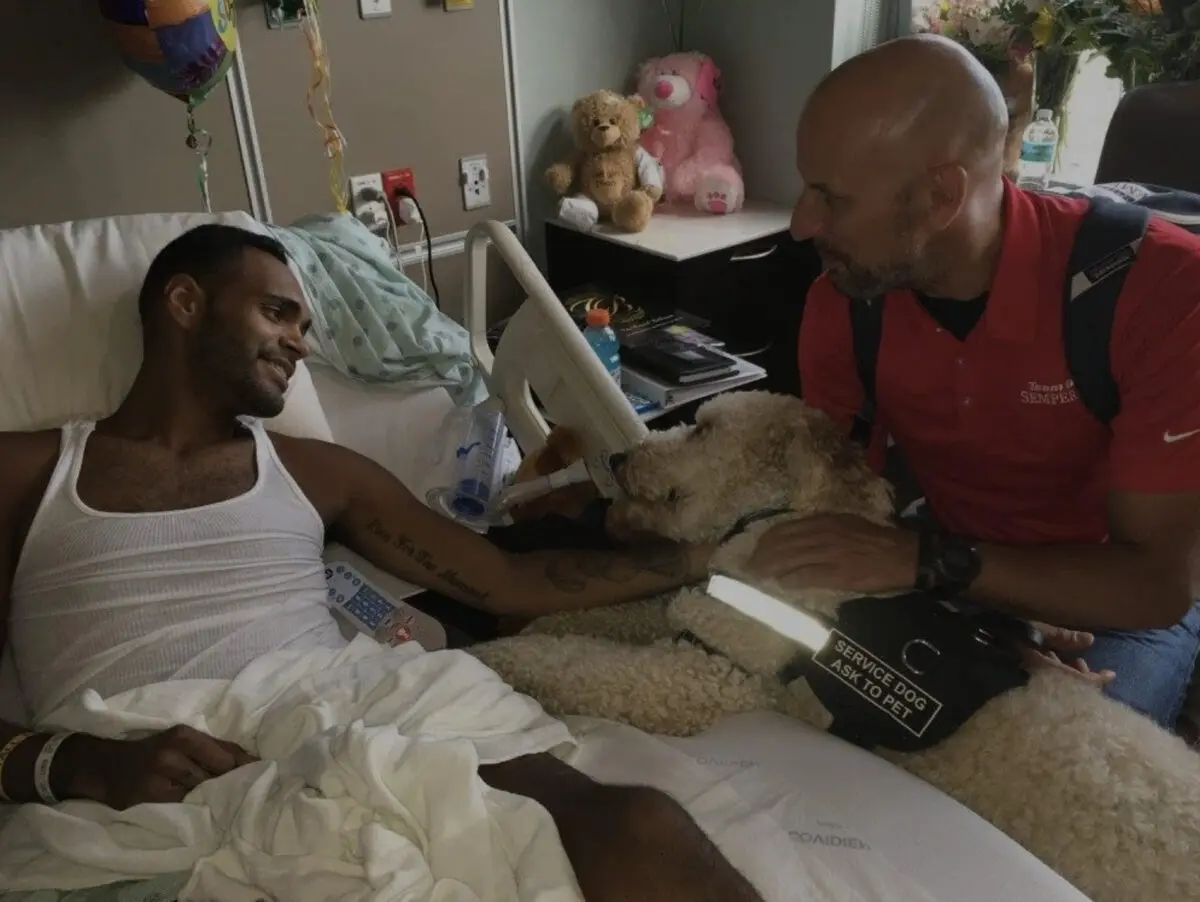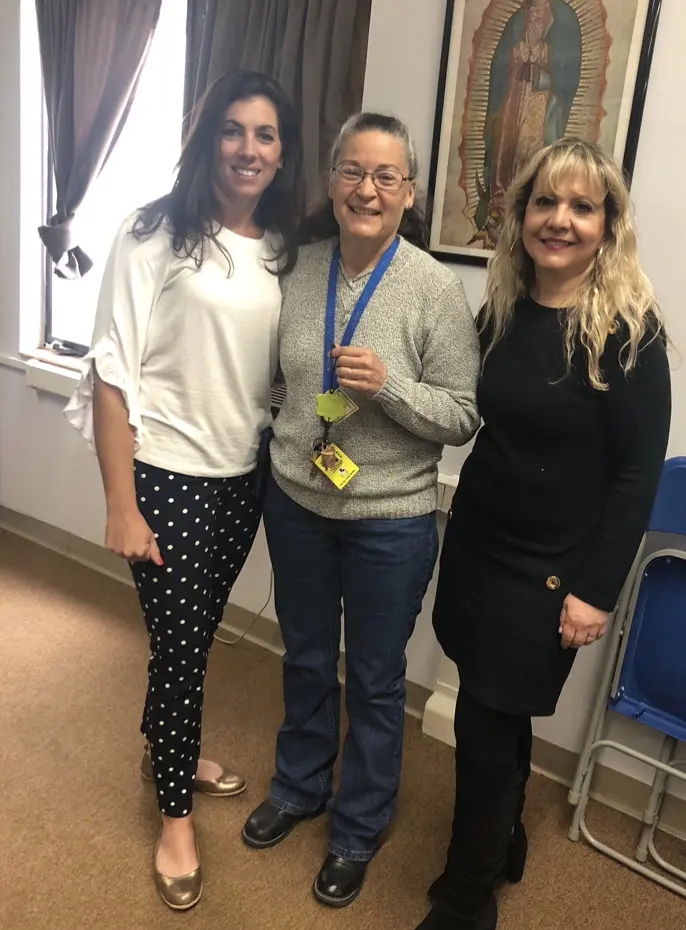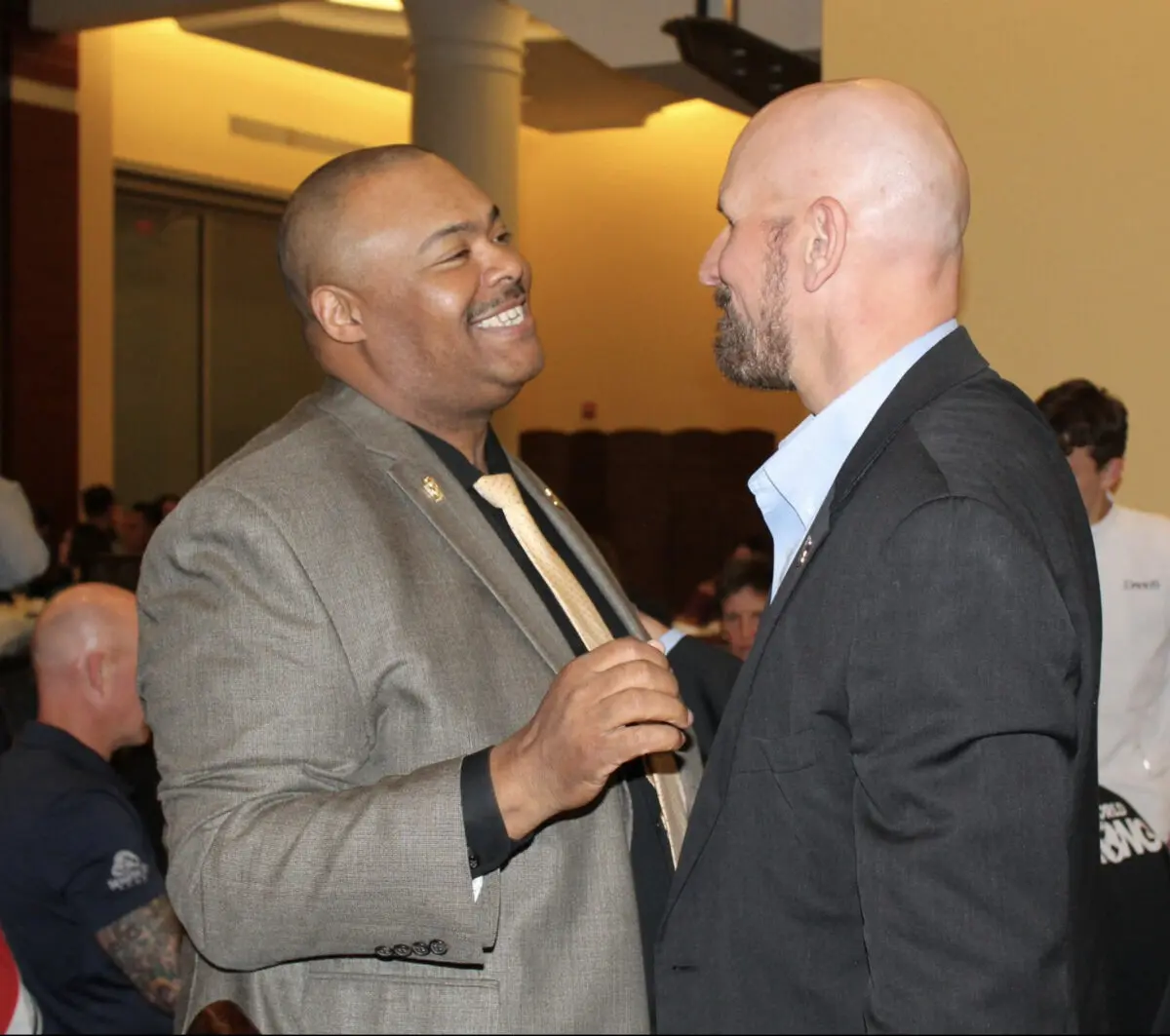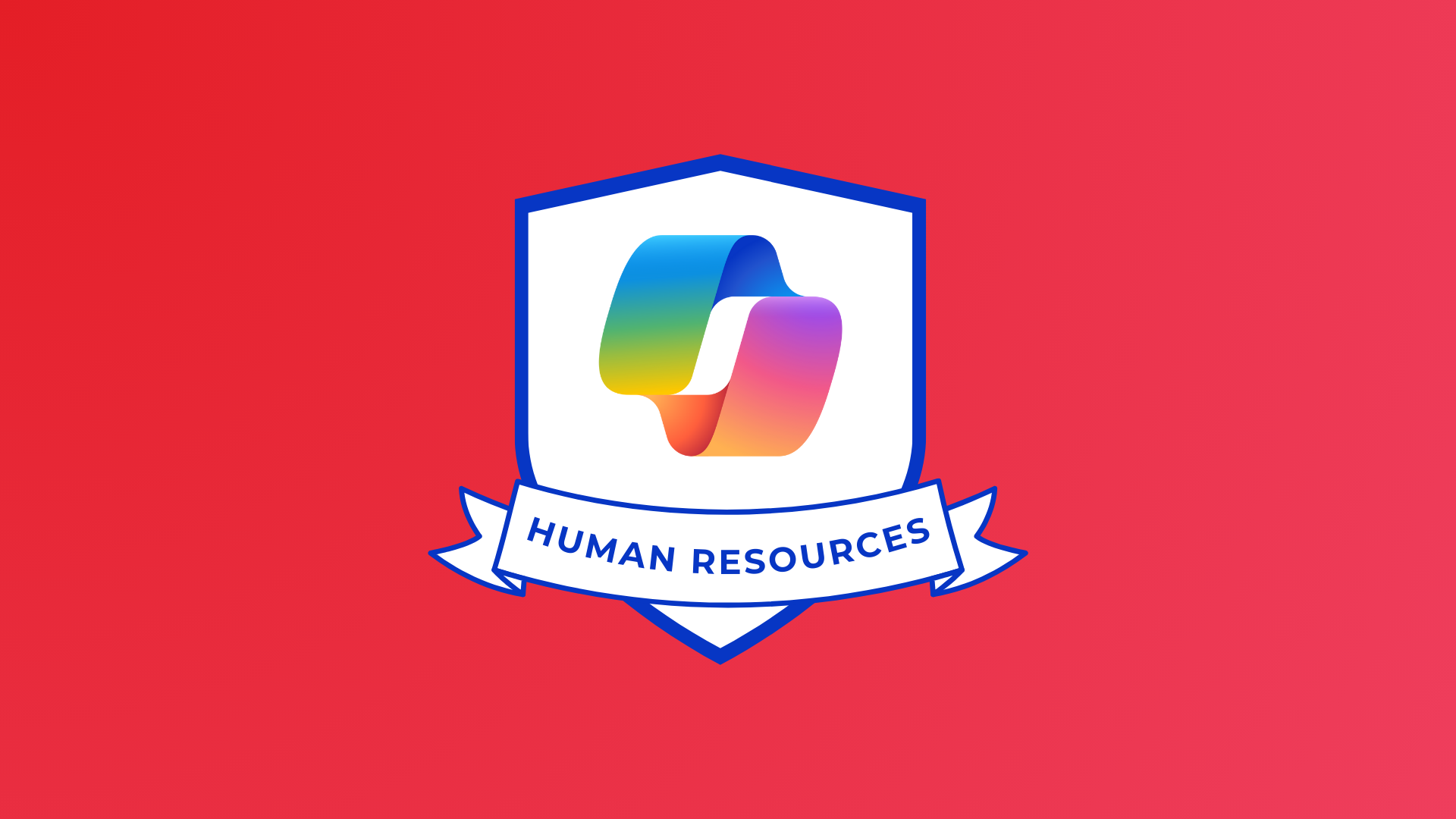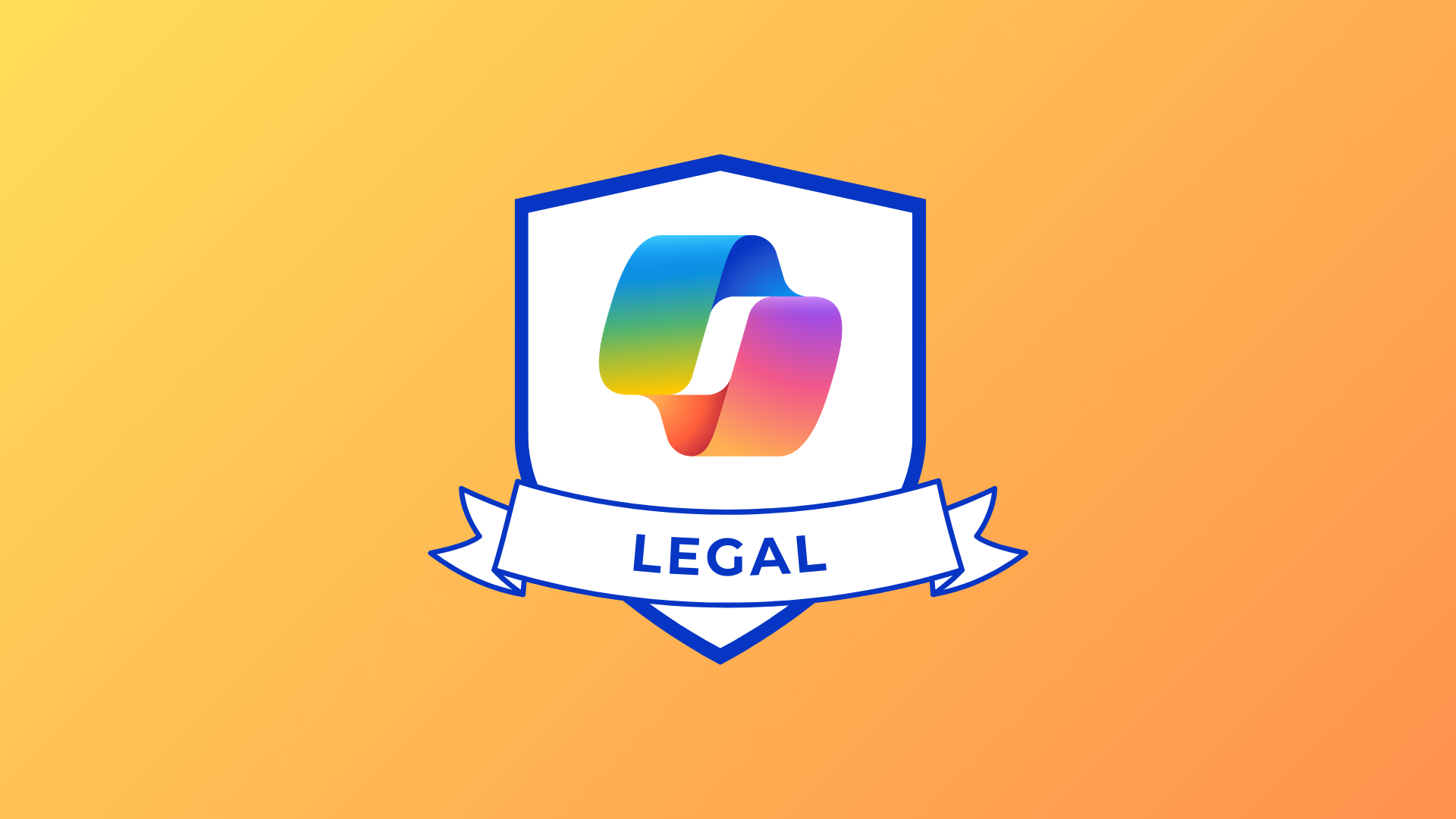*Editors note 01/05/23: Yammer has been rebranded to Microsoft Viva Engage*
Founded by Dave Fortier, One World Strong is an organisation with connection at its core.
As a survivor of the Boston Marathon Bombings, Dave understood first-hand the importance of survivors of trauma coming together to support each other, and set up One World Strong to help facilitate this mission.
Later teaming up with Stephanie Cinque – founder and executive director of the Resiliency Centre of Newton, Connecticut – the foundation was fully realised in 2018, with the aim to help survivors of trauma events heal by connecting them with a network of people who had experienced the same thing. In order to build those networks, Dave reached out to Changing Social and through our continued support and collaboration, One World Strong are using Yammer (Viva Engage) to reach survivors across the globe.
Nina Watson sat down with Dave Fortier and Stephanie Cinque to find out more.
How and why did you start One World Strong?
The story really started on a couch in 2012. I was actually with my dog at the time and we were both probably watching TV, I remember a bag of chips being there and both eating the chips. There’s a friend that I have that worked out every day of his life and was diagnosed with leukaemia roughly in about 2011, we worked together and we were just really close. We were talking on the phone about stress and he said, ‘you’re so stressed, you know what? Just go for a run.’ And I did. I grabbed my dog and I think the only pair of sneakers I had and we went for a run, we made it about a mile before we both sat down and I realized we were probably going to walk back to the house. We kept going after the next day and into the following weeks.
In 2012 I joined a running group and in that running group I had a chance to do a 5K or 10K and then I was talked into doing 1/2 marathons – I did not read the instructions! I just went out and tried to do it and failed, didn’t eat right, didn’t hydrate properly. I had called my friend and I said, ‘hey, you know the organization that’s been helping you, if I’m going to do this running stuff, maybe there’s a way I can help raise money – I can do something’, and he got me connected with the founder of that organization. All that gentleman heard me say was that I was from Boston and I wanted to run and help raise funds, he then connected me to Dana Farber from the Cancer Institute in Boston. They were kind enough to place me on the team for 2013 and all of a sudden, I found myself training in the winter of 2012/2013 for a marathon.
As I was about to complete the Boston Marathon, that’s when the first bomb happened, and it was an absolutely beautiful day leading up to that. I was adjacent to the first bomb, so I had some shrapnel damage in my right foot and I’ve lost some hearing in my left ear. For me, it was really what I saw happen that day. My injuries were minor compared to many others but I saw a city rushing in to help others: I saw people coming together in the medical tent, in the hospital, people that were coming in to see what we all needed. Then many of us were visited in the days, and the weeks, and even the months after the bombing by veterans of the Iraq and Afghanistan wars from an organization called the Semper Fi & America’s Fund. That was the first time that many of us knew we’d be ok, when we had a chance to connect with somebody who’d been through something similar.
Without really knowing it at the time, that was kind of the beginning of what would become One World. We were working with people we didn’t know, but they had a similar form of trauma and we were able to connect. The city did a wonderful job in bringing the survivor community together in Boston. So we had a chance to meet others that had been through that day because many of us didn’t know each other. We would constantly hear questions. When did you know you’d be OK? Or, when did your son or daughter know they’d be OK? And it was when they were visited by somebody who had experienced something similar.
We started doing some things even in 2000 and probably late 2014, 2015, we started to reach out to other communities. One of the first was Stephanie in Newtown. We had a chance to connect with families there that actually lost children, families that had folks that were injured.
We looked for a year for an organization that worked without regard to race, religion, ethnic background, borders, politics – none of that stuff matters. Just people connecting with people.
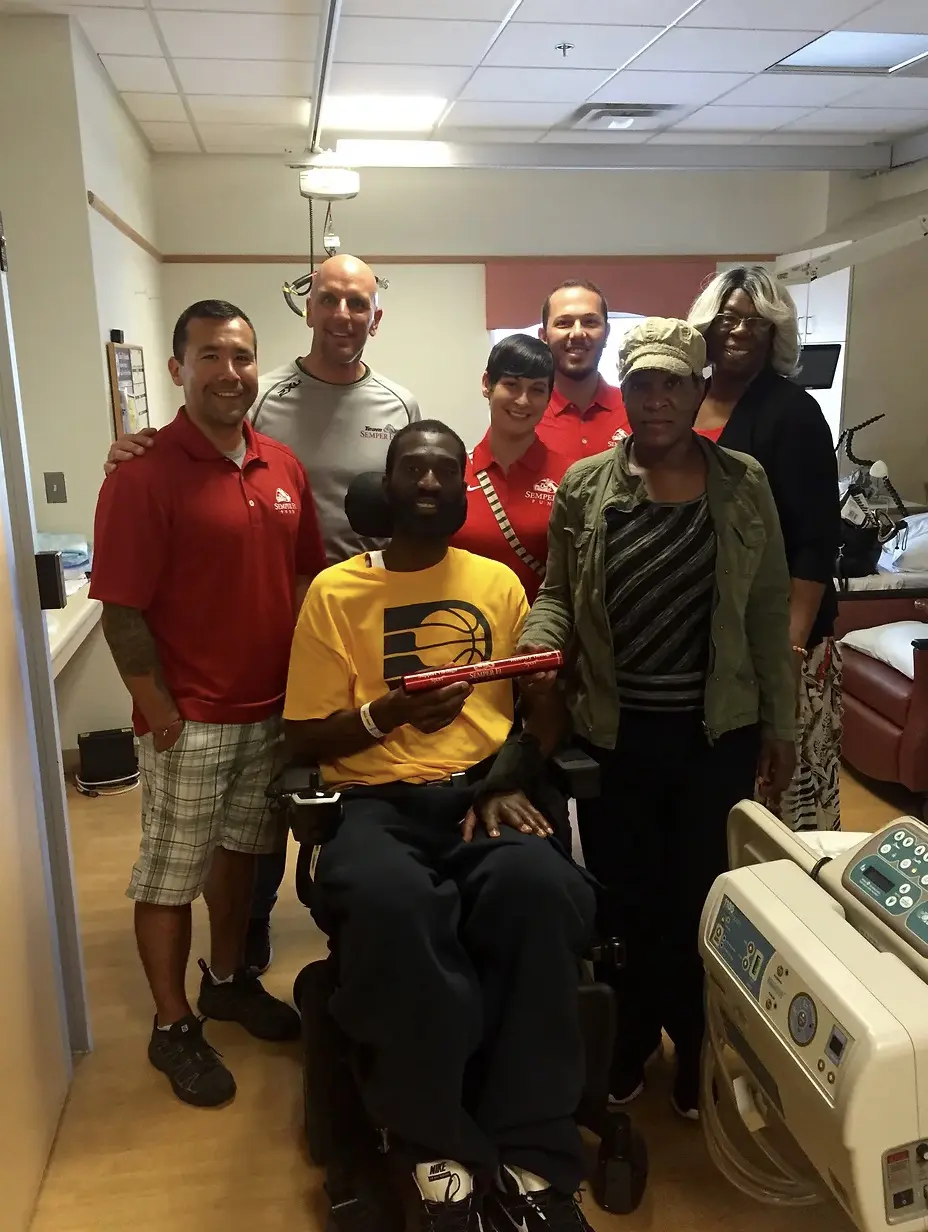
How has Yammer (Viva Engage) helped your organisation coordinate and collaborate on outreach efforts?
It’s incredibly easy to use. It’s one more different thing that you’ve then got on your phone or on your computer. The ease of creating a library, creating connection within a certain group, being able to broadcast out messages, being able to search for things that you need – it’s incredibly useful, especially for survivor communities that have been through events.
We’ve had a lot of learning experiences as you do with any organization that gets started as a non-profit, but where we’re going – I’m really excited about how Yammer (Viva Engage) will be used in that. We’ve built One World off essentially four pillars, connection is one of those, and a piece of what we do is Yammer (Viva Engage) . Yammer is one of the pillars of what we’re building and you guys are a big piece of that with us.
What specific features of Yammer (Viva Engage) did you find most valuable in your efforts?
The ease of implementation. The connection factor is high, the security factor is high. Searchability, or calling out if you’ve got questions on something to a community, is really easy to use. The communities that we work with don’t really want to become a part of an algorithm by searching I’m not sleeping or I’m concerned about this, or I’m concerned about my son, my daughter, my nephew, my niece. When you search on Google, all those things you type in become part of an algorithm, right? On Yammer (Viva Engage) they don’t, and again, that comes back to that biggest security factor. You can genuinely ask some questions and get feedback without something being pushed at you, and that’s incredibly important.
